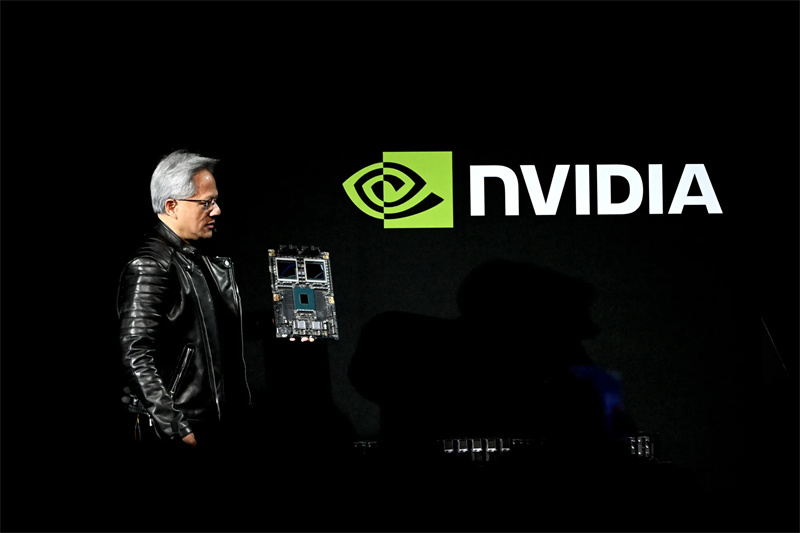At the Goldman Sachs Communacopia + Technology Conference, NVIDIA CFO Colette Kress addressed multiple key topics impacting the company's performance and future prospects. One of the highlights was her commentary on the company's H20 AI GPU sales in China, which have been significantly affected by ongoing geopolitical tensions between the U.S. and China. Despite receiving H20 licenses from the Trump administration, Kress noted that the company is currently unable to recognize revenue from these shipments due to the strained political climate. NVIDIA had expected to earn up to $5 billion from these sales in Q3 if relations were to improve.
Kress explained that NVIDIA had already secured licenses for several key customers in China, and the company hopes to ship the H20 AI architecture once the geopolitical situation stabilizes. She suggested that the potential revenue from these shipments could range from $2 billion to $5 billion, though she acknowledged that exact figures remain uncertain.
Despite this setback in China, Kress provided a positive outlook for NVIDIA's broader business. She revealed that the company had seen a 12% sequential growth in data center revenue in Q2, and for Q3, NVIDIA is targeting a 17% sequential growth. This reflects increasing demand for the company's products, including its next-generation GB200 and GB300 racks. The company expects a massive 300% sequential growth in GB300 sales in Q3, underscoring the strong market interest in NVIDIA's data center solutions.

Kress also weighed in on the growing competition in the AI chip space, particularly from companies pushing custom AI chips (ASICs). With firms like Broadcom securing large AI-related contracts, Kress emphasized that NVIDIA's GPUs remain more cost-effective and versatile compared to ASIC alternatives. Although several tech giants, including Google, Amazon, and Microsoft, are developing their own custom AI chips, Kress argued that power and efficiency are critical for AI workloads, areas where NVIDIA's GPUs excel.
In response to the increasing trend of custom AI chips, Kress reiterated that NVIDIA's focus is on performance per watt and performance per dollar. She noted that AI systems often run for years, making energy efficiency a crucial factor in long-term cost-effectiveness. NVIDIA's data center solutions, particularly its rack-scale products like the GB200 and GB300, aim to optimize performance and power usage across large AI infrastructures.
On the horizon, NVIDIA's next-generation Vera Rubin AI GPUs are set to play a key role in future data center deployments. Kress revealed that the Vera Rubin chips have already completed tape-out for six models and are expected to see massive demand, with data centers planning for gigawatt-level power requirements. As AI workloads continue to grow, the Vera Rubin series is poised to become central to the next wave of large-scale AI system deployments.
While these developments highlight NVIDIA's strength in AI hardware, the company remains cautiously optimistic about overcoming challenges, particularly in relation to the Chinese market and competition from custom ASIC solutions. Kress expressed confidence that NVIDIA's strategic focus on energy-efficient, scalable solutions will continue to drive its leadership in the rapidly growing AI and data center sectors.
+86 191 9627 2716
+86 181 7379 0595
8:30 a.m. to 5:30 p.m., Monday to Friday
